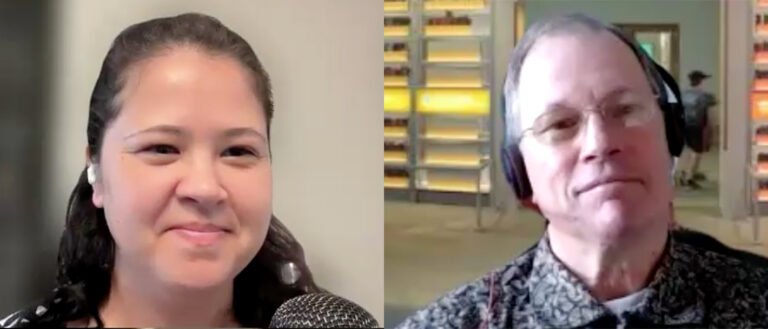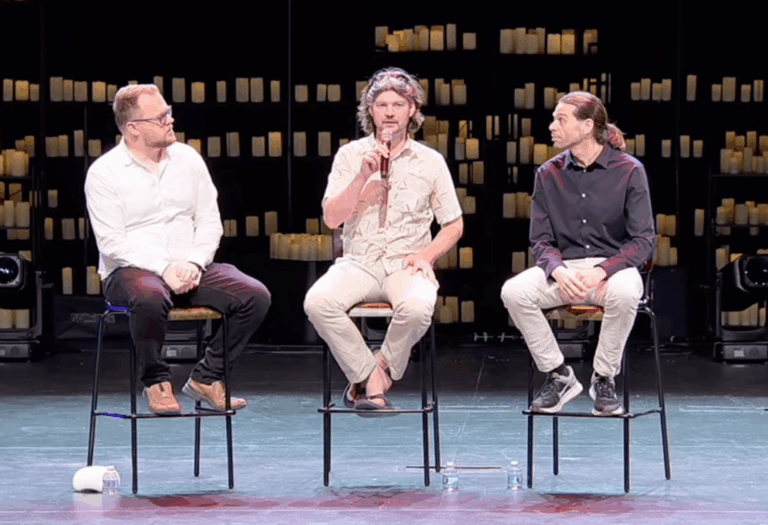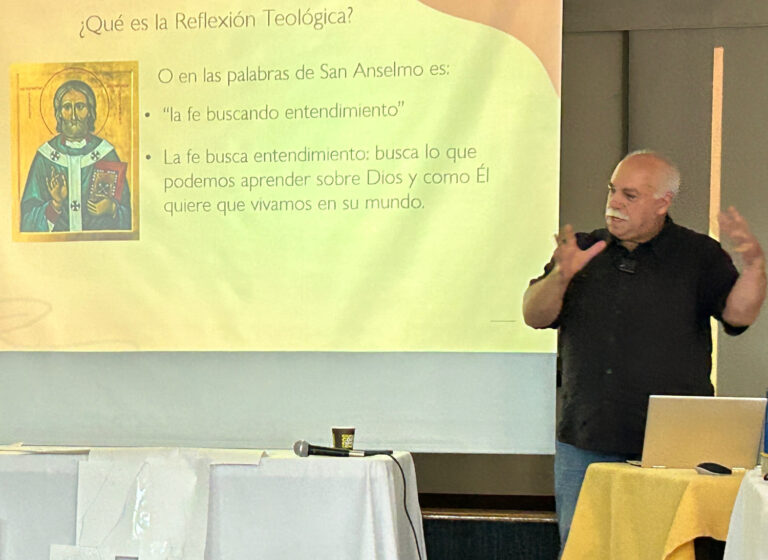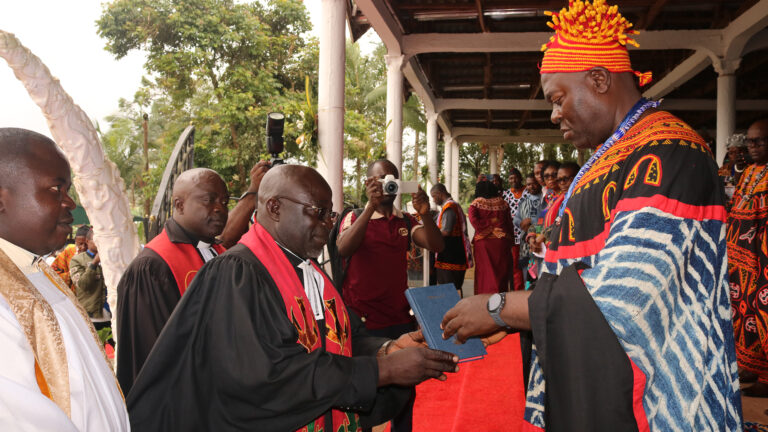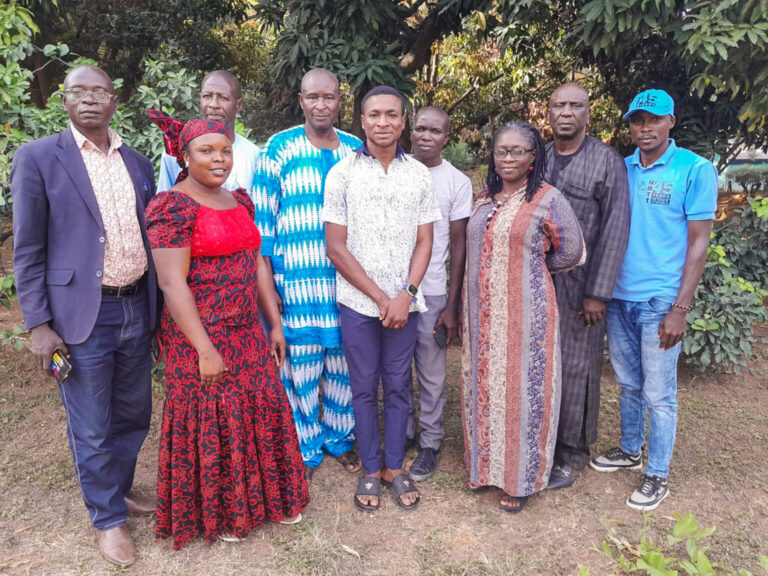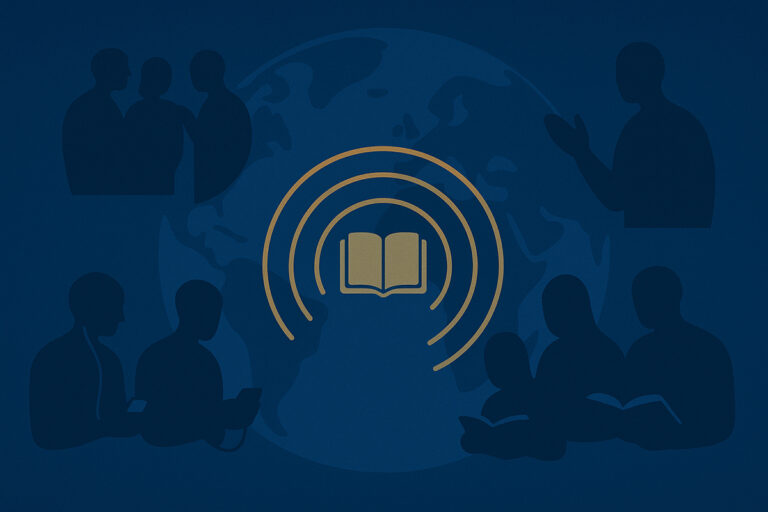
Stories
- A training event in Colombia for mesa facilitators attracted attendees from 15 countries.
- How mesas are involving the local church
- National mesas’ stories of impact
- Historically, mesas follow a pattern established more than a century ago.
- Video (below): Americas Area Director David Cardenas and other participants talk about the facilitators training event in Colombia.
Video transcript (Spanish, English)
Reflections
‘As the Global Alliance, we are interested in how this model can be helpful to other regions of the world such as in Africa and Asia. Of course, with required contextualisation. But we are ready to give, to offer as a gift, our experience to bless other countries where this could renew the commitment and participation of organisations and the church in Bible translation.’
David Cardenas
Americas Area Director
Wycliffe Global Alliance
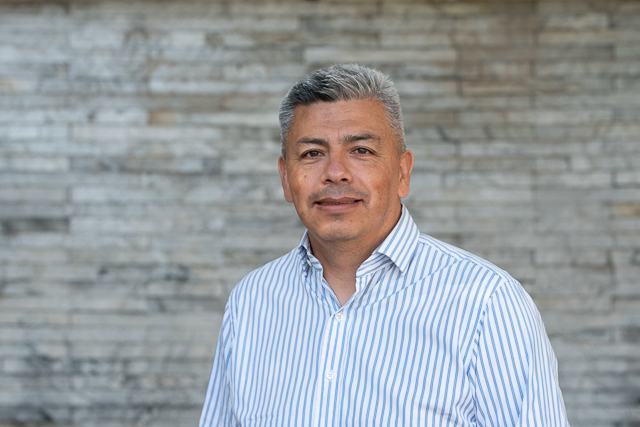
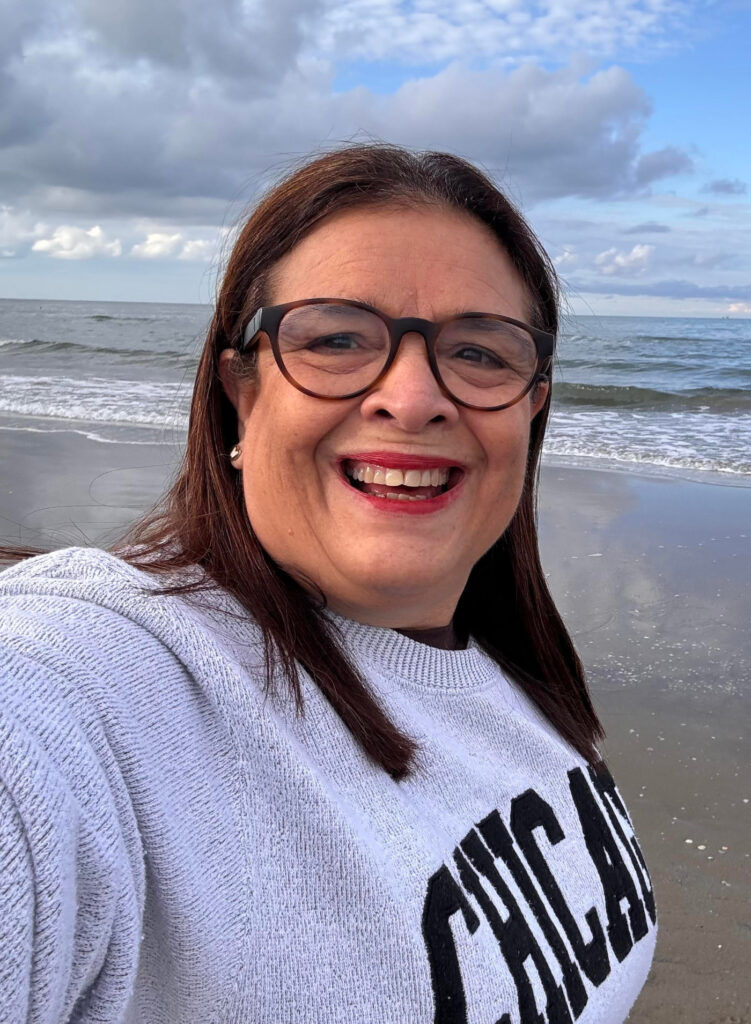
‘You may think, All Latinos are people people, and that’s where they love to sit together at the table. But we’re different. Well, give yourselves a chance to sit at the table and talk and work together, whether Latinos or European or Nordic. You all eat at a table for a reason. It’s a time for communion as a family. How about becoming a family as the Bible translation movement? … This is a God-given gift of sitting at a table and sharing and becoming friends.’
Gisella Greenfield
Colombia Mesa Facilitator
Mission South America
‘The best way to learn about the mesas is to visit, to see it in person. If you’ve had a pleasant experience here, invite others to come to the next one so they can see it for themselves. Because only by being here can you understand it deeply. It’s not just what you see, but what you feel in the atmosphere throughout this whole process.’
Abdiel Lopez
Regional Director, Northern Latin America
Faith Comes By Hearing
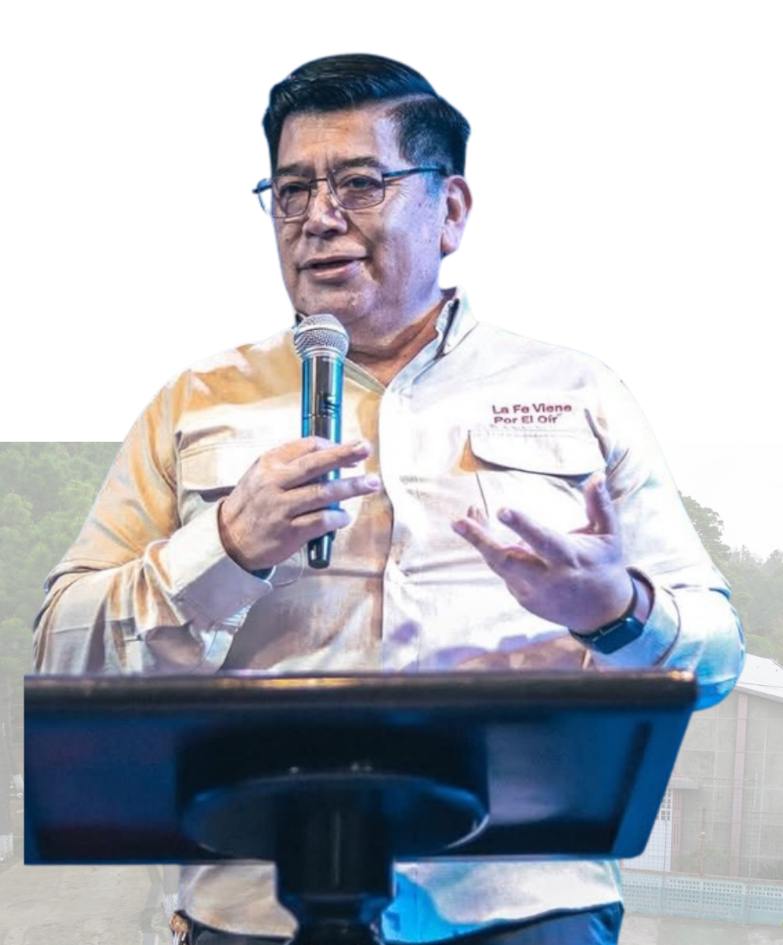
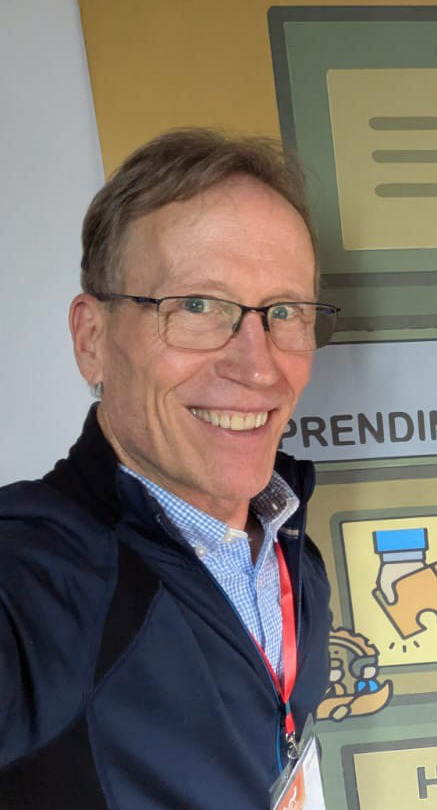
‘Even after having lived in Latin America for nearly 40 years, I’m still North American. But the concept of having friendship as a basis for ministry has transformed me, and it’s vital. It’s just so refreshing to be able to, as a first step, say, ‘Let’s go have a cup of coffee. Tell me about your family.’ And begin a relationship that way. I think that’s a key element that could be transported elsewhere in the world.’
David Pickens
Translation Projects Facilitator
SIL Global
‘This is the difference: we put aside our positions, our roles, to come and serve at the table. As the Lord says: “I have not come to be served, but to serve.” … The table is unity. It is integrity. It is dialogue. It is the third space we all need, where we can be equal, where we can be humans.’
Leonardo Sirit
Venezuela Mesa Facilitator
Director, DGM Venezuela
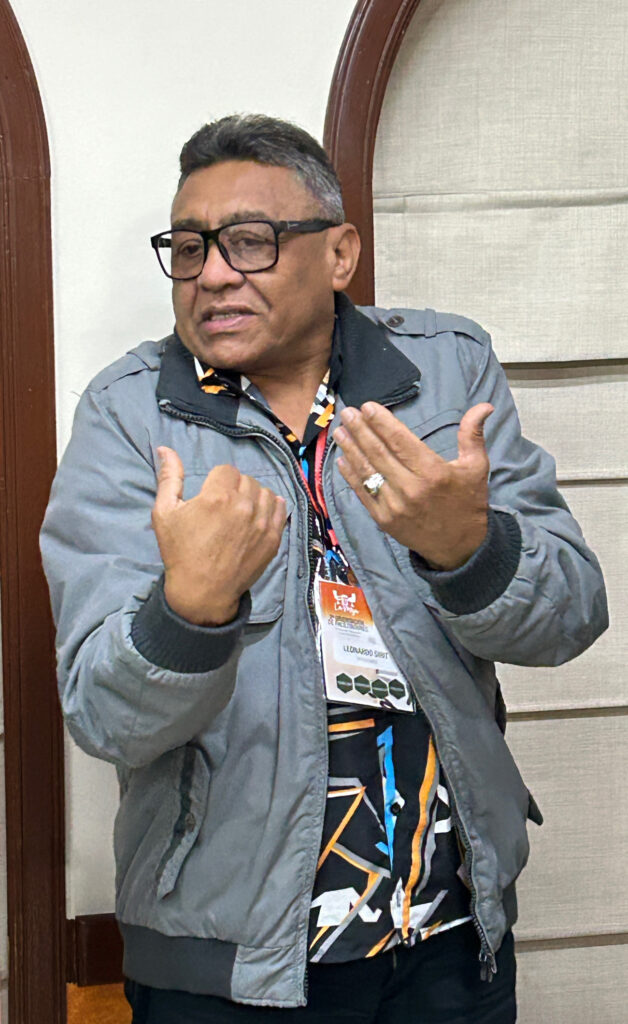
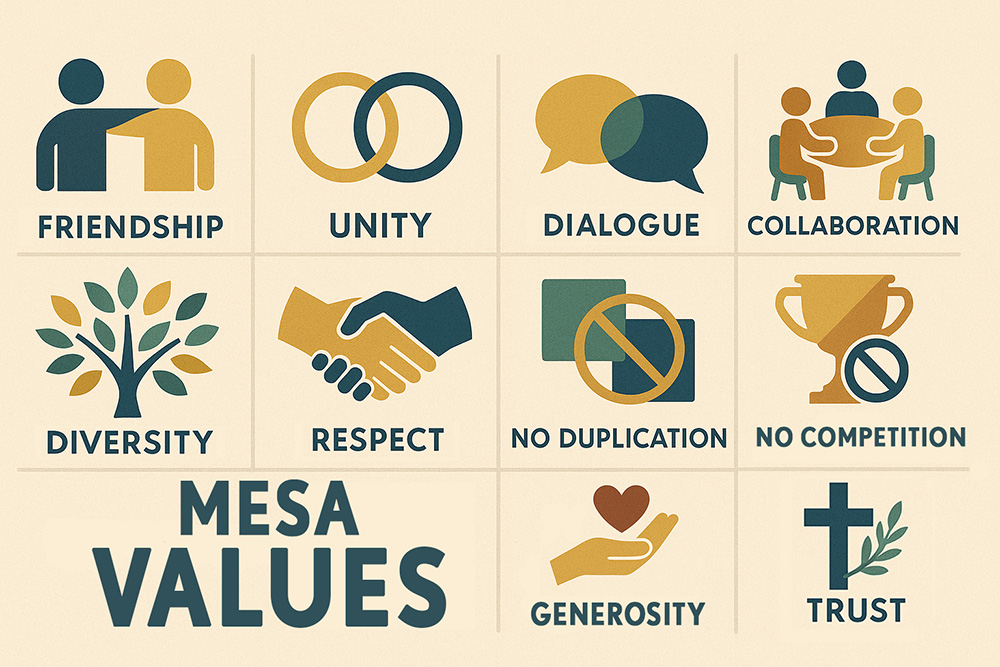
Stories: Wycliffe Global Alliance. Gwen Davies in Bogotá, Colombia. Jim Killam in the U.S.

